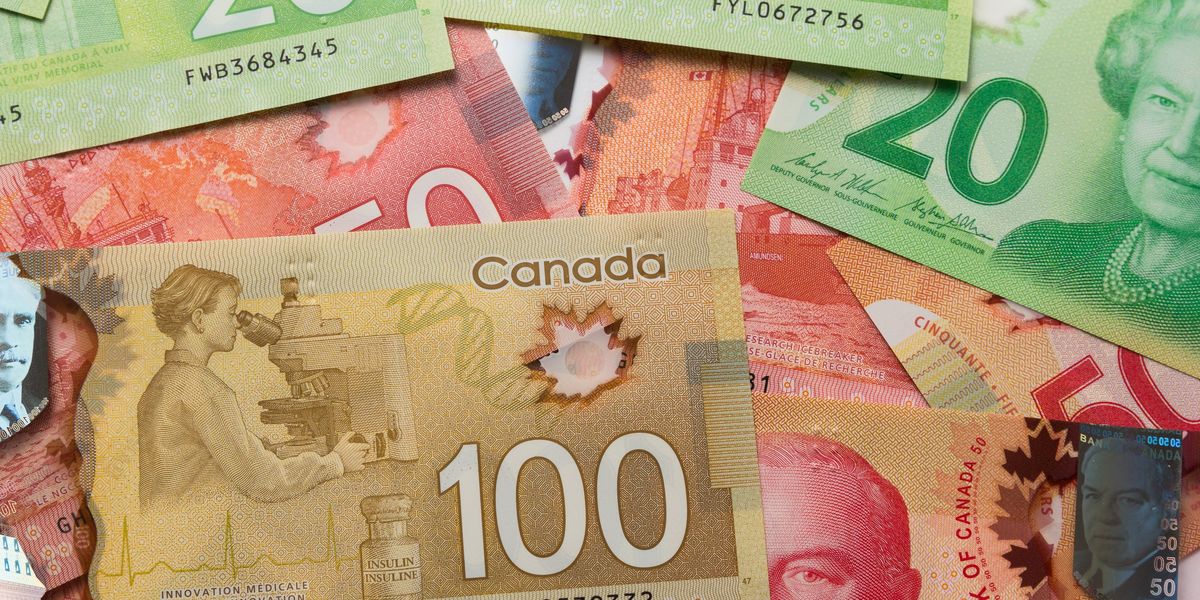Daniel Craig plays way against type in Luca Guadagnino’s adaptation of the seminal novella.
PLOT: An alcoholic, drug-addicted, middle-aged American expatriate (Daniel Craig) living in Mexico City falls hard for a much younger, recently discharged ex-American Navy serviceman (Drew Starkey).
REVIEW: Of today’s most acclaimed directors, few are as prolific as Luca Guadagnino. With two acclaimed movies vying for awards attention this year, and a whole slew of projects announced for 2025 and beyond (including an unlikely adaptation of DC’s Sgt. Rock), he’s become the rare art-house director whose movies have distinct crossover appeal. Challengers was his biggest financial hit to date, and this one – Queer – pairs him with one of the most iconic modern movie stars, Daniel Craig, who helped reinvent James Bond for the 21st century.
Despite the obvious appeal of their pairing, Queer is a more niche title than Guadagnino’s last few outings. An adaptation of the William S. Burroughs’ novel of the same name, this is a meandering odyssey of self-destruction that’s thoroughly dominated by Craig’s bravura performance, although he chews so much of the scenery it leaves little room for his co-star, Drew Starkey (of Outer Banks) to make much of an impression.
Craig’s William Lee is an analogue of Burroughs himself, with him portrayed as deeply insecure and constantly on the make for younger men he can satisfy himself with. Everything he does is to an extreme, from his pursuit of men who may or may not be, as he himself puts it, “queer”, to his constant drinking and drug use.
Craig seems to be having a ball in a role that’s as far removed from 007 or Benoit Blanc as you can get. We’ve gotten used to seeing Craig as two of the most confident, self-assured heroes of modern film, but in Queer, he’s anything but. Much of the film centers around Lee’s infatuation with Starkey’s Eugene, a bi-sexual former serviceman who allows himself to be used sexually by men, but is largely indifferent to their feelings. It’s this doomed aspect of the relationship that probably attracts Lee like a moth to a flame as the men embark on a drug-addled journey into South America.
Some will find Queer utterly absorbing, but others will find it a tad tedious – and I must admit that I fall into the latter category even if I did find much to appreciate about it. Apparently, the director’s initial cut was closer to three hours, but it’s already a pretty padded-out 135 minutes, with a lengthy section devoted to Lee and Eugene experimenting with Ayahuasca supplied by Leslie Manville’s jungle-based Dr. Cotter.
If you’re a fan of Burroughs, Queer might be a must-see, but for a more casual fan, it’ll likely be Craig’s appearance that will be the draw. Even if the movie meanders, Guadagnino keeps it stylish, with gorgeous cinematography by his usual DP Sayombhu Mukdeeprom. He also does something unique with the soundtrack, scoring it with deliberately anachronistic music, including several Nirvana tracks, a few Prince songs, and a score by Atticus Ross and Trent Reznor. My only issue with Guadagnino’s aesthetic is that Burroughs world comes across a lot more glamorous on the screen than it did on the page, with Craig immaculately attired throughout and sporting his 007 physique, which doesn’t really jibe with the fact that Lee is a middle-aged junkie who’s never sober. Too often, Craig feels glamourously drunk or high, with even moments where he’s in withdrawal given a lush, romanticized vibe.
In the end, Queer is an exercise in style for its director, and for Craig, it gives him an opportunity to stretch himself and showcase his megawatt charisma. It’s immaculately assembled and a must-see for Burroughs fans, but it likely won’t crossover in the way something like Call Me By Your Name or Challengers did. It’s more like the director’s I Am Love or A Bigger Splash than his more mainstream work.





/cdn.vox-cdn.com/uploads/chorus_asset/file/25784233/247333_EOY_Package_Check_In_CVirginia_VR.jpg)






